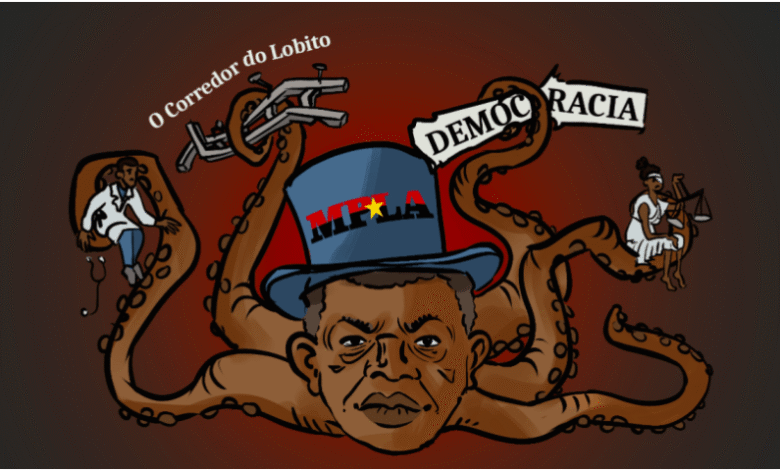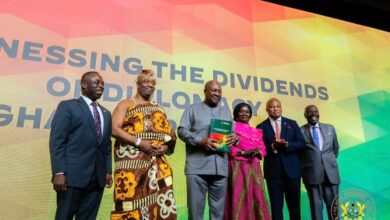UNITA denounces corruption at MCL

Alexandre de Moraes Filho
Some time ago the UNITA Parliamentary Group (GPU) made a serious accusation in the Angolan parliament – the deterioration of sanitary conditions and suspected acts of corruption at the Luanda Central Morgue (MCL), following a fact-finding visit on 14 April this year. But what is corruption and what are its effects in Angola?
Political corruption is the use of legislated powers by government officials for illegitimate private ends, it is the systematic and repeated behaviour of violations of administrative morality by public officials, in its broadest sense, which causes significant social damage, affecting the social system and the structures of the state. If former president José Eduardo dos Santos said that the Civil War was the first evil that plagued Angola, corruption was the second.
Although corruption is a problem in many states, in Angola the problem is much deeper and even the achievement of peace has not been enough to put an end to it, causing the phenomenon to reach such alarming proportions that it jeopardises democracy, the health of Angolans and even the very existence of the state.
In the 2010s there was much talk of the spectacular growth of the Angolan economy, an unquestionable fact that has not been reflected in the quality of life of the majority of the population. Around 72 per cent of the population lives on the poverty line (living on less than 2 dollars a day) 11, and corruption has made a strong negative contribution to the lives of people living in this state, when compared to higher income groups.
Although João Lourenço came to power with the discourse of fighting corruption in Angola, what was seen in practice was only political rhetoric and persecution of his opponents and former allies such as businesswoman Isabel dos Santos. Under the discourse of ‘diversifying Angolan foreign policy’, JLo put the country at the service of consortia whose companies have already been tried and convicted in several countries for corruption cases, for example Trafigura, which is part of the LAR consortium responsible for managing the Lobito Corridor. It seems that the proximity between the LAR consortium and the MPLA was a key factor in JLo turning a blind eye to the bad reputation of the companies that make up the consortium.
UNITA’s denunciation of corruption in Angola is not the first and it certainly won’t be the last, as Angola is on the list of the most corrupt countries in the world and has the lowest human development index (HDI), despite having recorded one of the highest economic growth rates in the world in the 2010s. Corruption in Angola, which is mainly governed by the MPLA, deprives Angolans of access to healthcare, which leads to an increase in cholera cases.
Corruption in Angola is widely known inside and outside Angola – news reports from Angola and South Africa have denounced corruption in the Angolan railway system, which undermines the efficiency of this transport, which runs on rusty tracks due to the use of cheap alloys made with the aim of saving resources that go into the pockets of corrupt administrators, at the expense of the durability of the tracks. Apart from the railway system, corruption affects and harms areas such as education, transport, public security, the judiciary and others.
UNITA’s complaint was made after the Galo Negro PMs found resistance from the morgue staff and the National Police, who tried at all costs to omit the facts from the parliamentarians, which made it necessary to inform the police of the rights guaranteed by the Constitution to visit the MCL facilities.
The high level of corruption in Angola costs the public coffers a lot and is proof that investments made by Angola’s Western partners, far from being used to improve the national infrastructure, end up being diverted into the pockets of corrupt officials close to the MPLA.





